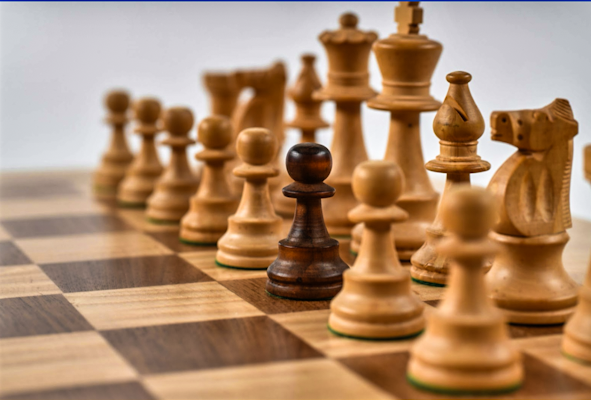Keeping our minds sharp is just as important as keeping our bodies fit. The brain thrives on challenges, novelty, and variety, and the good news is that you don’t have to be a scientist or chess grandmaster to give it a workout. From ancient games like mahjong to modern memory apps, there are plenty of fun, accessible ways to boost mental fitness no matter your age.
Mahjong
Mahjong is an elegant tile game and mental workout wrapped in one. Originating in China, mahjong has been enjoyed for centuries as a game of strategy, memory, and quick thinking. Now, thanks to digital platforms, you can play Mahjong online with friends or strangers across the globe. Tables are accessible in no time, every day. Everything is powered by crypto so you need not worry about safety.
It’s not only a great way to test your pattern recognition skills but also a social experience that stimulates communication and adaptability. The act of scanning the board, predicting moves, and forming winning hands can enhance memory and keep the mind alert. For older adults, mahjong provides a sense of continuity with tradition while also offering the excitement of modern interactivity.
Crosswords and Sudoku
Few activities sharpen the mind as effectively as crosswords and Sudoku puzzles. Crosswords test verbal recall and broaden vocabulary, while Sudoku strengthens logic and pattern recognition. They may seem like simple diversions, but research continues to show their positive cognitive benefits.
A large study published in the International Journal of Geriatric Psychiatry found that adults who engaged in word and number puzzles more frequently showed brain function equivalent to ten years younger than their actual age. Similarly, the Alzheimer’s Association notes that regular engagement with puzzles and problem-solving tasks helps build “cognitive reserve,” potentially delaying the onset of dementia symptoms.
These aren’t just rainy-day activities. They’re proven mental workouts that keep our cognitive engines running smoothly, offering benefits to both younger players looking to stretch their minds and older adults aiming to preserve memory and focus.
Chess
Chess has long been seen as the ultimate game of intellect, and for good reason. It’s a blend of foresight, calculation, and adaptability. Each match becomes a training ground for planning, critical thinking, and patience. Thanks to online platforms, millions of players now compete daily, turning chess into both a personal challenge and a global community event.
Recent data estimates that more than 600 million people play chess daily, both online and in traditional, physical formats. That’s around one-eighth of the entire world’s population engaging with chess regularly—a striking testament to its universal appeal.
Studies have linked regular chess play to improved problem-solving skills, sharper memory, and even better creativity, as the game forces players to think several moves ahead while adapting to an opponent’s strategies. A long-term study tracking over 10,000 older Australians for a decade found that those who frequently played board games such as chess showed a 9% reduced risk of developing dementia. It’s associative, not proven causal, but it certainly adds weight to the idea that mentally stimulating activities like chess could support long-term brain health. For those who enjoy long-term development, chess offers endless layers of complexity and learning.
Memory apps
In our smartphone-driven world, memory apps bring brain training directly into our pockets. Apps like Lumosity, Elevate, and Peak use gamified exercises designed to improve memory, attention, and problem-solving.
What makes them particularly effective is their ability to track progress over time, encouraging consistency and growth. They also fit seamlessly into daily routines. You can practice while waiting for a bus, during a lunch break, or even before bed. Unlike traditional puzzles, these apps adapt to your skill level, in that way making sure you’re always challenged just enough to improve without feeling overwhelmed.









